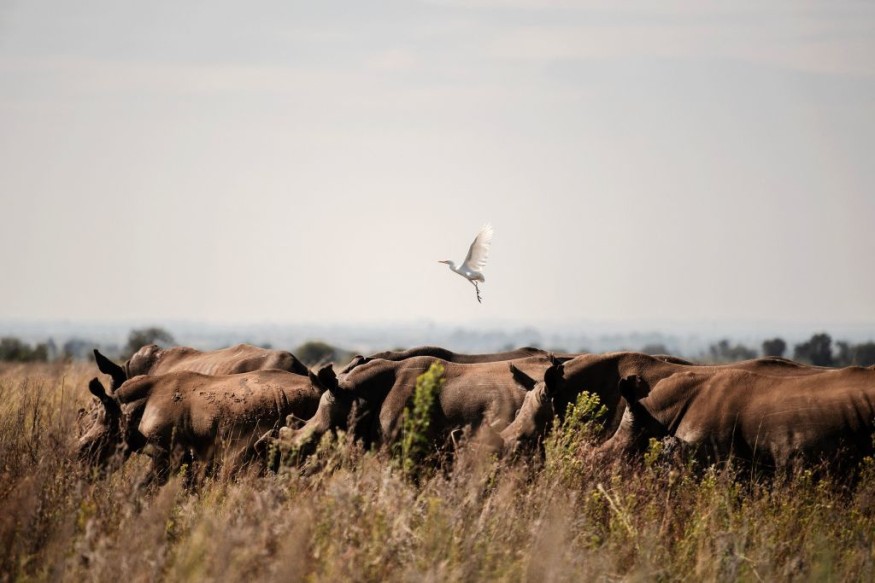
A new research claimed that human activities is causing groups of animal species to disappear at rates 35 times higher than average.
Scientists analysing the rate at which closely related animal species have disappeared over the previous 500 years, it would have taken 18,000 years for them to disappear without humans.
However, the rate at which they are disappearing is growing.
73 species extinct
According to the research, which was published in the journal Proceedings of the National Academy of Sciences, at least 73 species groups of mammals, birds, reptiles, and amphibians have become extinct since the year 1500.
Scientists calculated that only two species would have been predicted to go extinct if trends had followed the typical pre-human impact rates of extinction.
The elephant birds of Madagascar, the moa of New Zealand, and the moho honeyeaters of Hawaii are among those that have perished.
The loss of wildlife is anticipated to increase in the next years as a result of habitat destruction, the climate crisis, and the illegal wildlife trafficking.
In the worst-case scenario, the rate would be 354 times higher than the average for the previous million years, with all currently endangered species groupings being extinct by the end of the century.
Before the impact of humans, it was predicted that almost one in 10,000 species would vanish every century based on previous study on fossil records.
According to the research, if those rates stayed true, a single species would be predicted to go extinct every 250 years given that there are approximately 5,400 known vertebrate taxa, excluding fishes.
Sixth mass extinction
While some scientists question the idea that a sixth mass extinction is currently occurring, a 2019 UN assessment of the state of the planet indicated that 1 million species were in danger of extinction owing to human pressures on the environment.
"Such mutilation of the tree of life and the resulting loss of ecosystem services provided by biodiversity to humanity is a serious threat to the stability of civilisation. Immediate political, economic and social efforts of an unprecedented scale are essential if we are to prevent these extinctions and their societal impacts," the study found.
The study's principal researcher, Prof. Ceballos of the Universidad Nacional Autónoma de México, said that while the findings were not what he had anticipated, there was still time for action.
He added that by losing all these genera, we lose the planet's ability to support life in general and human existence.
A whole ecosystem's ability to function can be impacted by the extinction of an entire genus.
The equilibrium that is necessary for the existence is also being destroyed by the homogenization of their environment that humans have imposed, which is altering the direction of evolution.
Plants, animals, and other organisms depend on the combination of gases in the atmosphere that makes it possible for us to have life on the planet.
"As dramatic as the results are, what is important to mention is that we still have time. The window of opportunity is closing rapidly. There is hope but we need to act quickly," he added.
Related Article : Extinct Animals: Which Died from Natural and Anthropogenic Causes?
Related Video:
© 2025 NatureWorldNews.com All rights reserved. Do not reproduce without permission.





